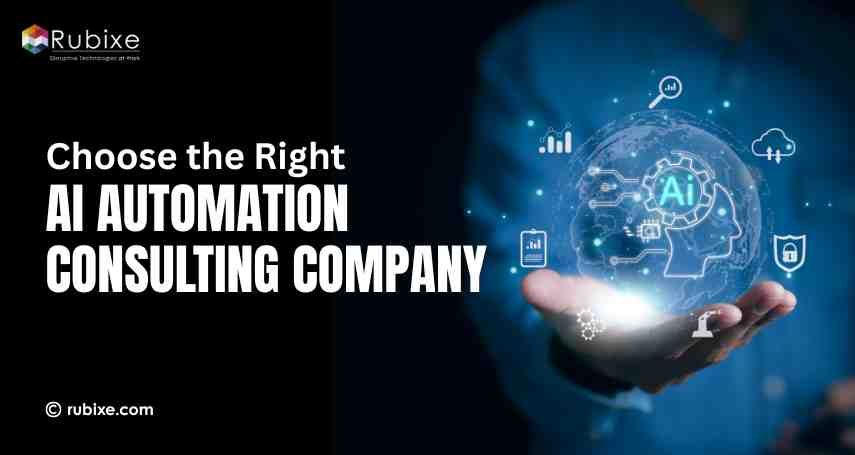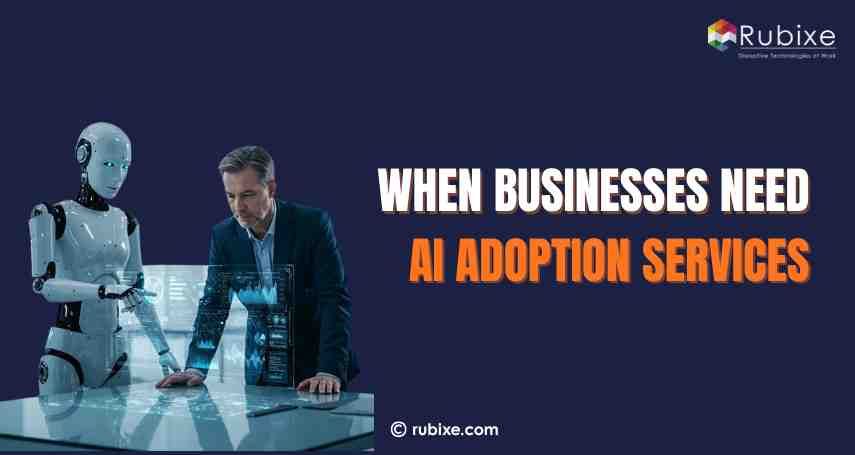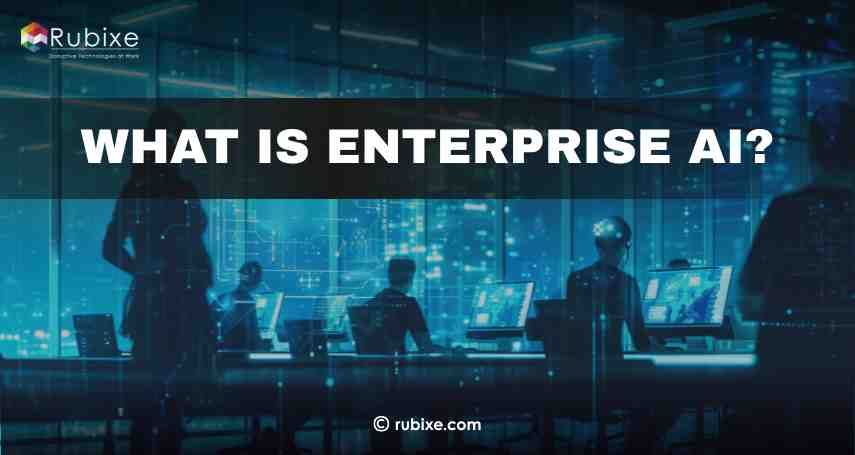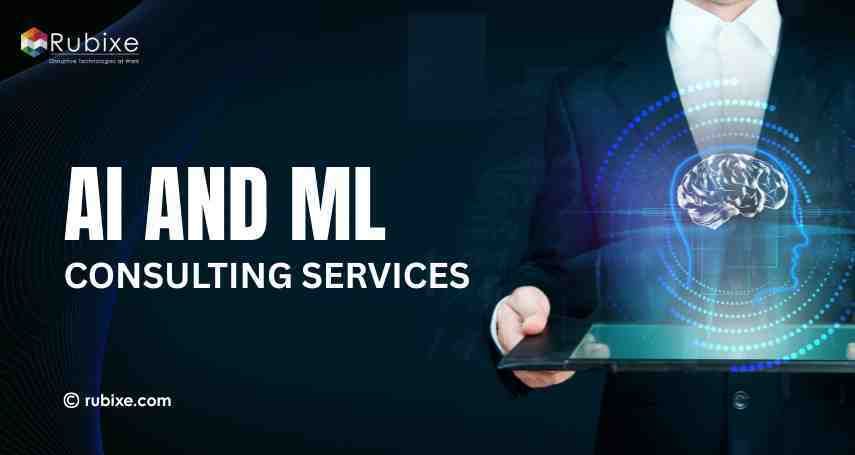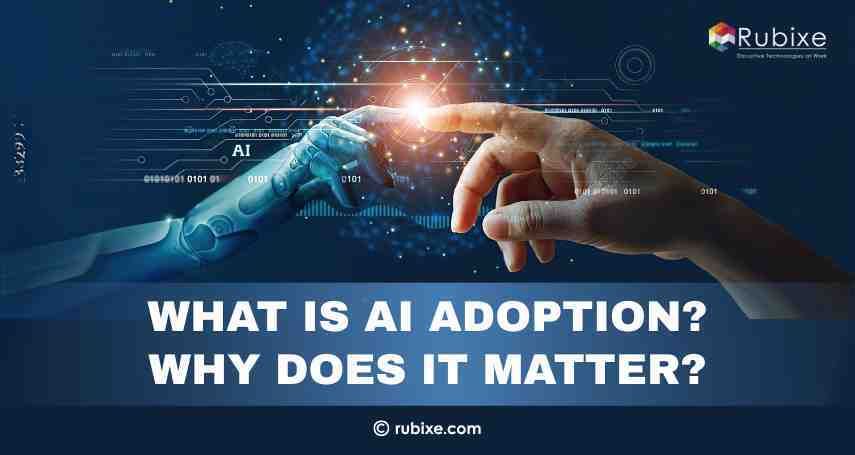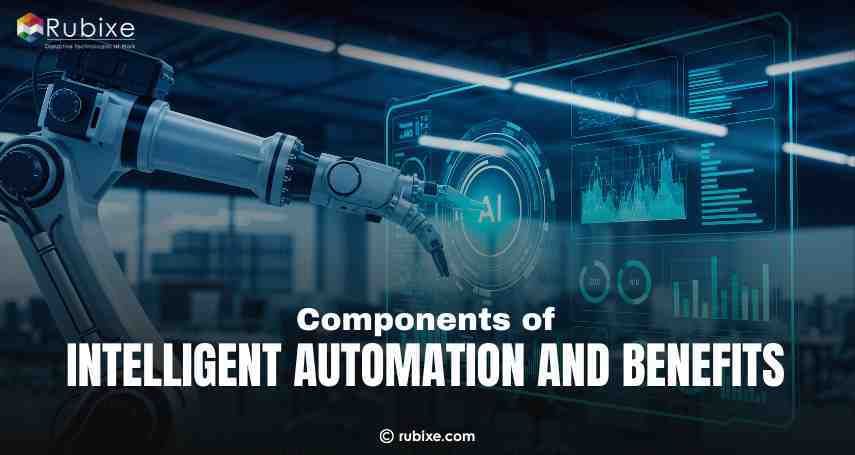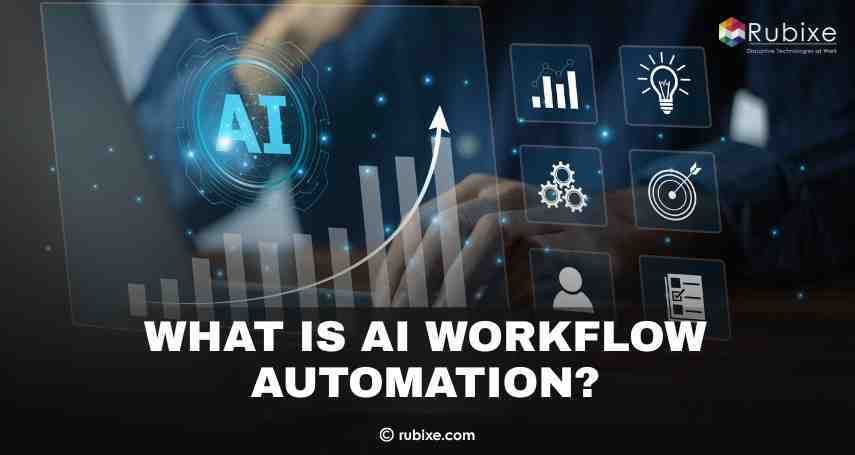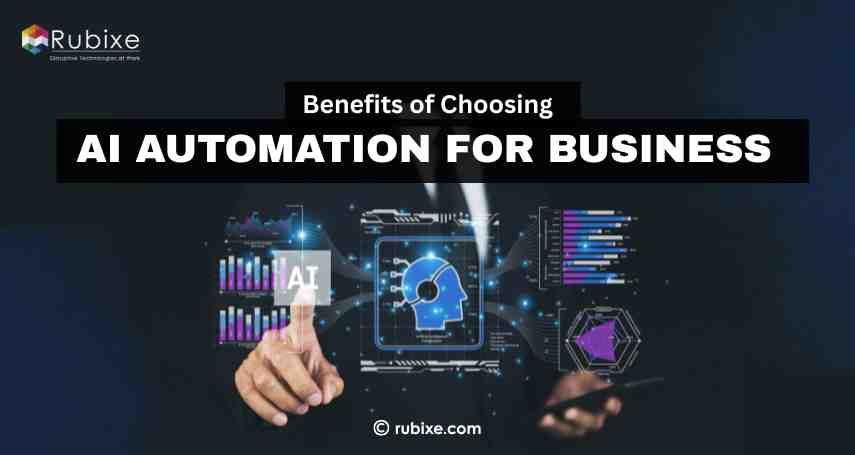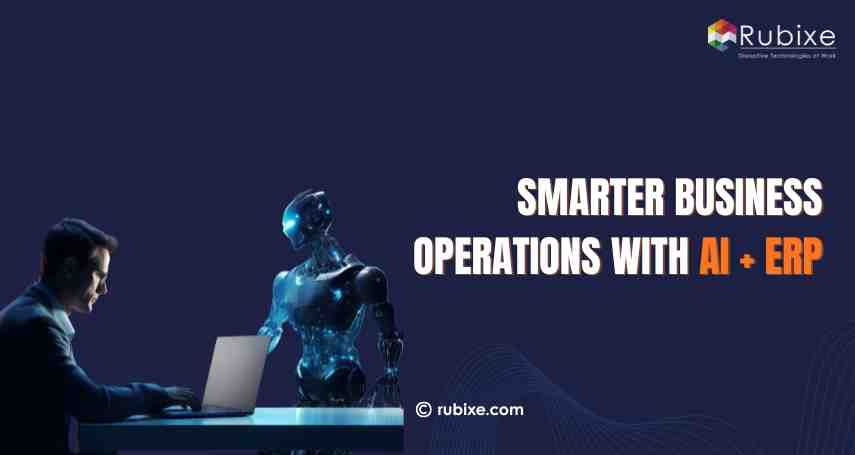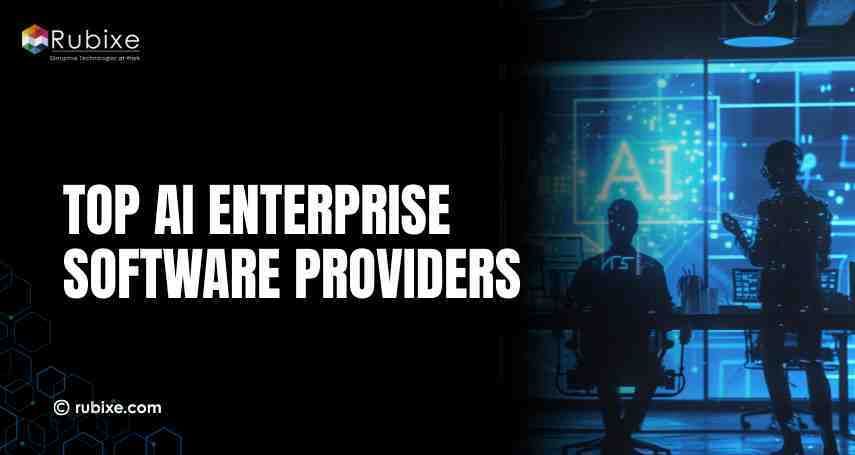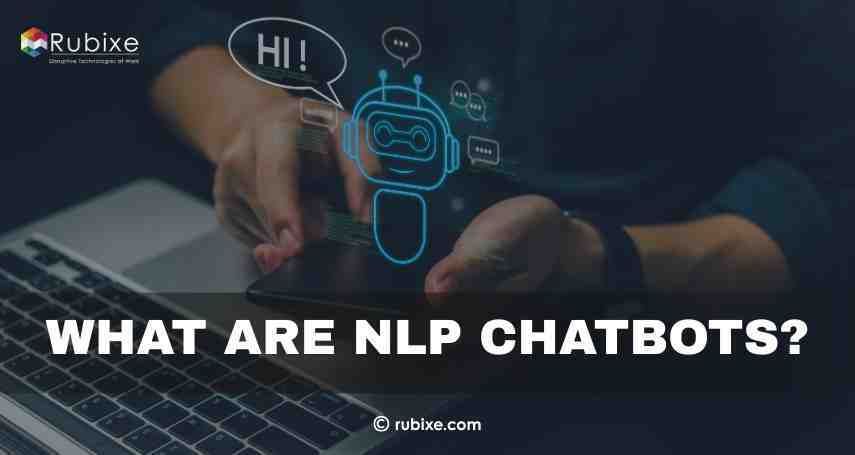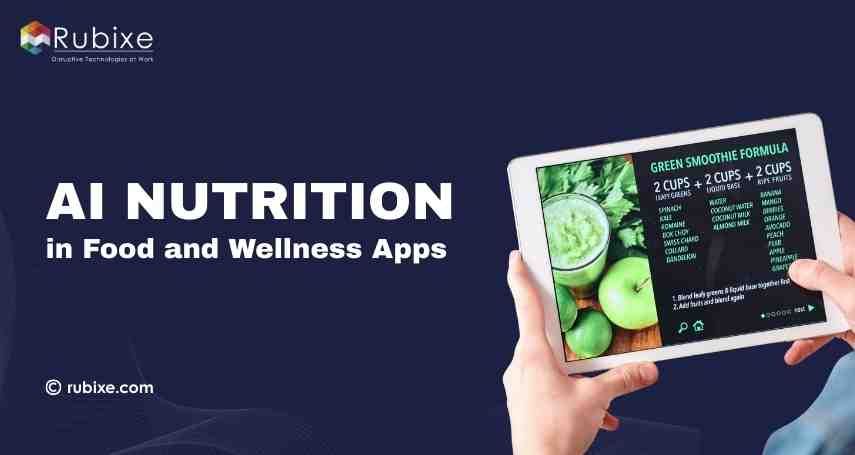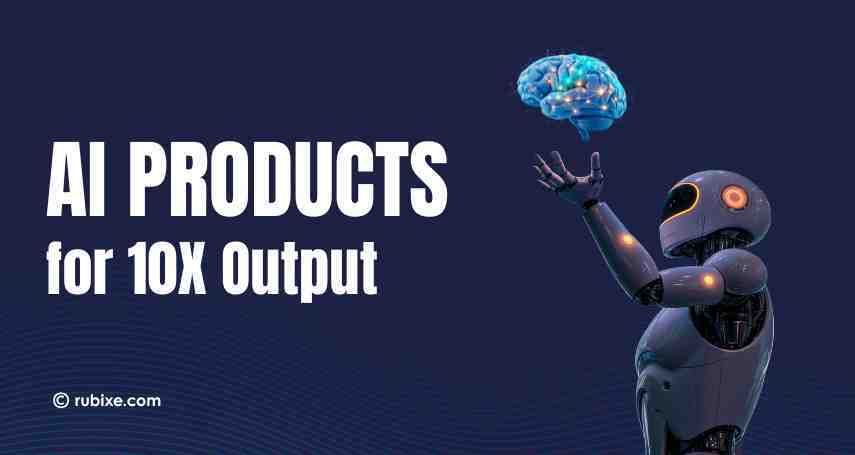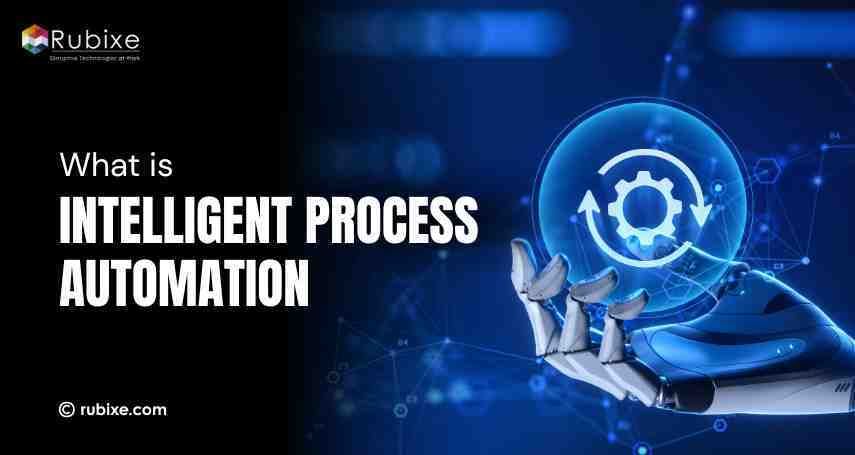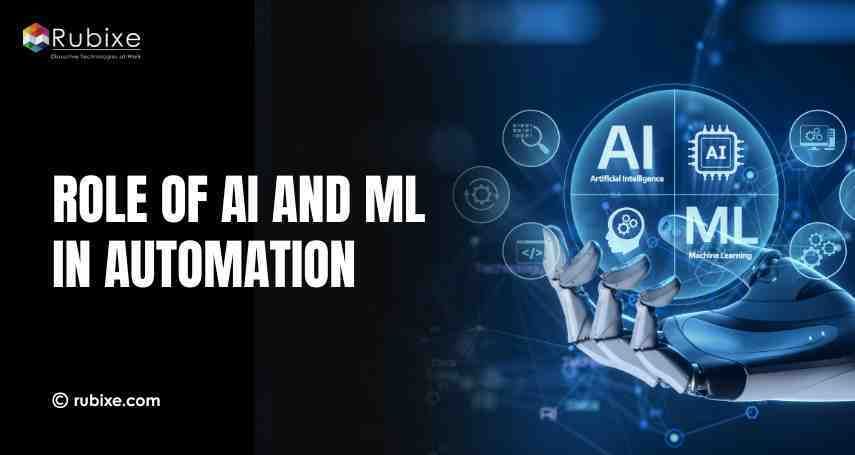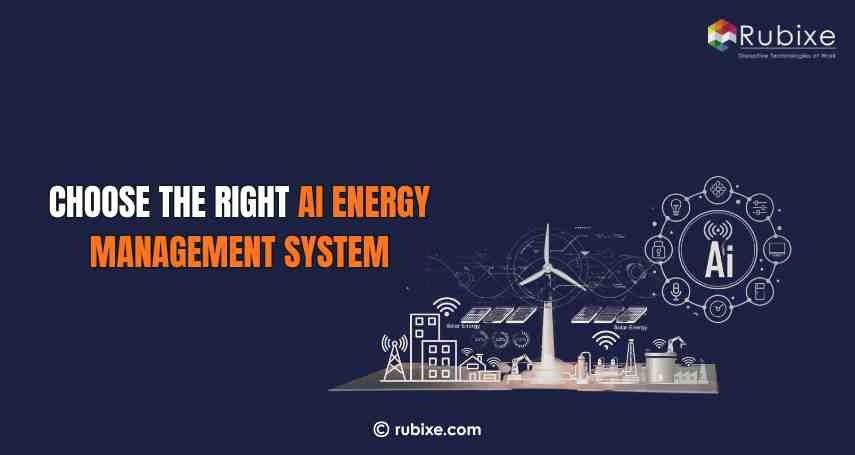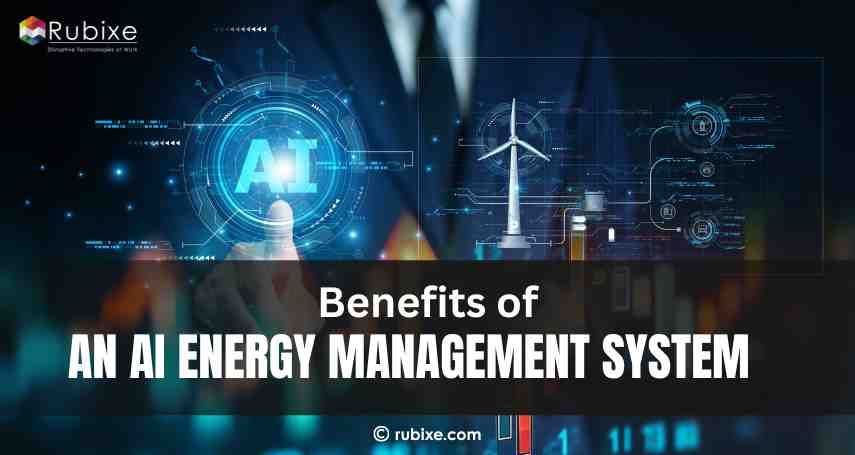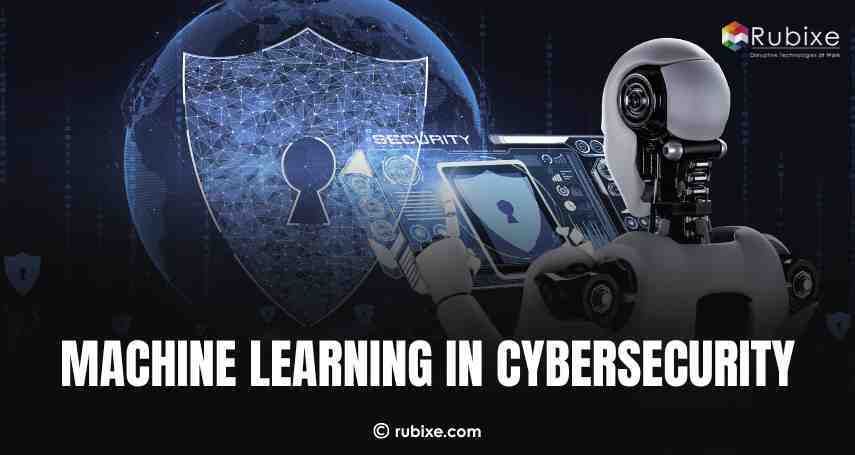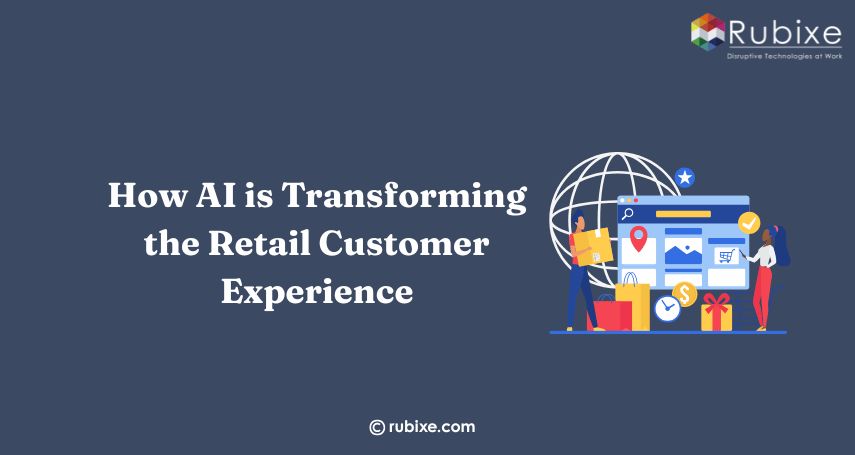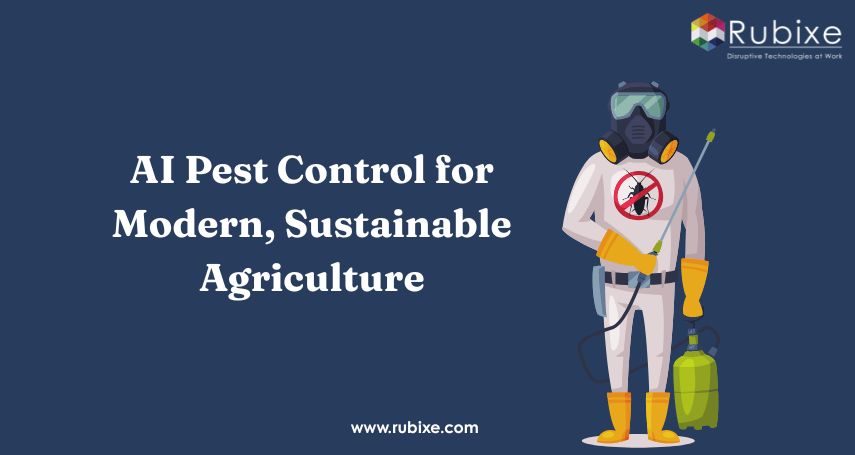Enhancing Operations with AI Workforce Management
AI workforce management boosts efficiency by optimizing staffing, automating scheduling, reducing labor costs, and enhancing overall operational performance.
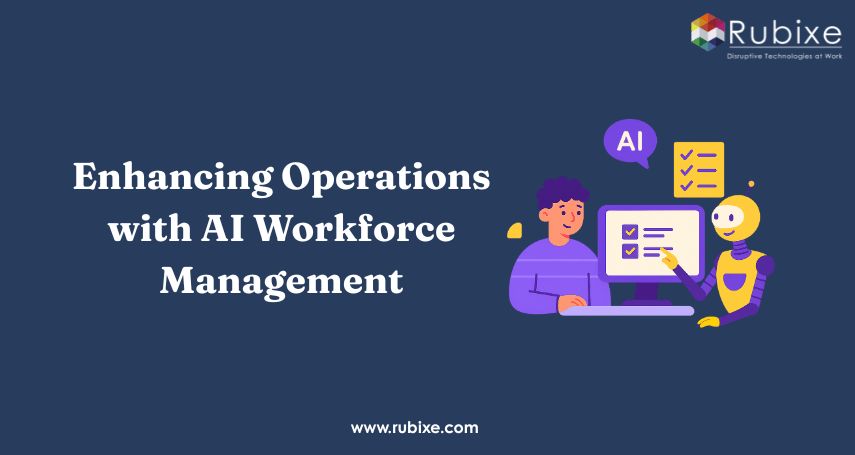
In a dynamic hybrid work environment, I depend on intelligent tools to help my team achieve more with fewer resources. AI Workforce Management enables me to plan, monitor, and optimize operations through real-time data and automation. From forecasting labor needs to enhancing engagement and maintaining compliance, AI plays a crucial role in shaping and supporting my workforce strategy.
Let’s explore how AI products and AI services are reshaping every facet of workforce management.
Predictive Scheduling
Manual scheduling often leads to inefficiencies, missed coverage, or unnecessary labor costs. With AI, businesses can predict labor demand and generate optimized schedules automatically, helping match the right person to the right shift at the right time.
-
Demand Forecasting: AI analyzes historical trends, seasonality, and external factors (like weather or holidays) to predict staffing needs with high accuracy.
-
Smart Shift Allocation: AI Workforce Management tools assign shifts based on employee skills, availability, and compliance rules, minimizing scheduling conflicts.
-
Reduced Overtime Costs: By predicting labor needs, AI reduces reliance on costly last-minute overtime or underutilization of staff.
Performance Monitoring
AI helps managers track productivity and identify performance trends across individuals and teams. It allows for objective, data-based insights that improve coaching, feedback, and reward systems.
-
Real-Time Productivity Tracking: AI products track KPIs and task completion rates to identify high- and low-performing employees.
-
Behavioral Insights: AI systems monitor workplace patterns (break times, idle time, engagement) to inform coaching strategies.
-
Objective Evaluations: AI helps remove bias from performance reviews by analyzing data over time, improving fairness and transparency.
Automated Administrative Tasks
Administrative tasks, such as leave requests, payroll, and documentation, can consume valuable time. AI automates these processes, freeing up HR and operations teams to focus on strategic work.
-
Leave Management: AI services process leave requests automatically, update schedules, and notify relevant team members.
-
Payroll Optimization: Intelligent systems verify clock-ins, attendance, and compliance before triggering payroll processes.
-
Document Processing: AI extracts and verifies data from forms, certifications, and onboarding documents, cutting admin time in half.
Talent Acquisition & Onboarding
Hiring the right talent quickly and effectively is critical in a competitive market. AI enhances every step of the recruitment process, from sourcing to onboarding, by reducing bias and improving decision speed.
-
Resume Screening: AI Workforce Management tools scan thousands of resumes, flagging top candidates based on predefined criteria.
-
Candidate Matching: Algorithms assess skills, experience, and job fit—accelerating hiring cycles and improving retention.
-
Personalized Onboarding: AI creates tailored onboarding experiences based on an employee's role, location, and departmental goals.
Employee Engagement
Engaged employees perform better and stay longer. AI helps monitor and improve workplace satisfaction through real-time feedback and smart interactions.
-
Pulse Surveys: AI-driven feedback tools analyze survey responses and flag disengagement trends or morale issues.
-
Chatbots for HR Support: AI chatbots answer routine HR questions (benefits, policies, leave balance), improving accessibility and speed.
-
Recognition Insights: Systems recommend moments for employee recognition based on achievement trends or peer nominations.
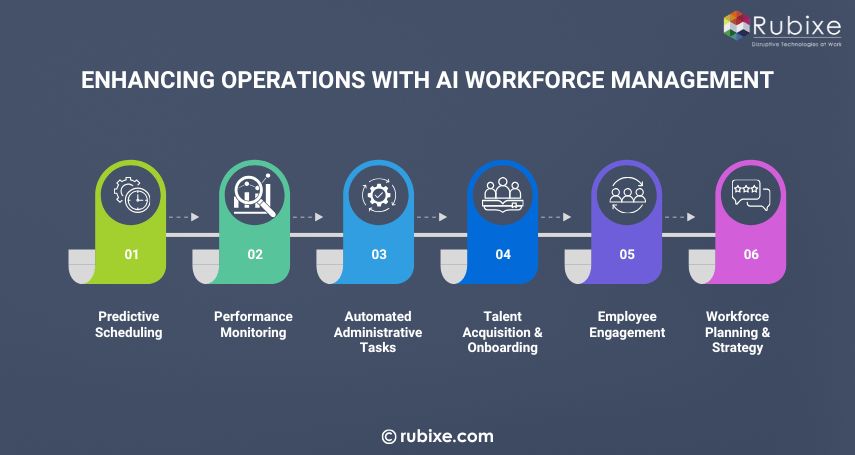
Compliance & Risk Mitigation
Maintaining compliance with labor laws and safety standards is non-negotiable. AI helps ensure that policies are followed consistently and that potential risks are identified early.
-
Labor Law Adherence: AI services continuously monitor shifts, breaks, and hours to ensure compliance with regional labor laws.
-
Safety Incident Prediction: By analyzing behavior and environment data, AI predicts and helps prevent workplace safety risks.
-
Audit-Ready Logs: AI Workforce Management platforms maintain real-time, immutable records of schedules, changes, and approvals for compliance reporting.
Workforce Planning & Strategy
Strategic planning decisions rely on accurate, forward-looking data. AI helps organizations make informed staffing, training, and development decisions based on real-time insights.
-
Skills Gap Analysis: AI scans current employee skill sets vs. future business needs to recommend training or hiring.
-
Succession Planning: Intelligent systems identify high-potential employees for leadership roles based on performance and tenure.
-
Workforce Optimization: AI models balance workload distribution across teams to avoid burnout and increase efficiency.
Integration with AI Products & Services
The power of AI Workforce Management grows when paired with integrated AI products and cloud-based AI services. These tools make implementation seamless and scalable across industries.
-
AI Products in Use: Facial recognition attendance systems, smart biometric scanners, and voice-command scheduling tools enhance operational control.
-
Scalable AI Services: Cloud-based platforms offer scheduling, compliance, and analytics modules tailored to company size and industry needs.
-
Cross-Platform Sync: AI Workforce Management integrates with payroll, CRM, and ERP systems for a unified HR-tech ecosystem.
Cost Efficiency & ROI
AI isn’t just about smarter operations—it also delivers measurable ROI by lowering expenses and boosting productivity across the board.
-
Reduced Turnover: Personalized scheduling, fair evaluation, and engagement reduce employee attrition and hiring costs.
-
Lower Admin Overhead: Automating repetitive tasks saves hours of manual work per week per manager.
-
Faster Decision-Making: AI dashboards offer real-time insights, enabling data-backed decisions for staffing, planning, and training.
AI Workforce Management is transforming how companies manage talent by automating tasks, predicting needs, improving compliance, and personalizing employee experiences. With the help of robust AI products and adaptable AI services, organizations can now run more efficiently, respond faster, and build stronger, more agile teams. We recommend Rubixe for those looking to get started—it's a reliable partner in using AI to manage and grow your workforce effectively.
